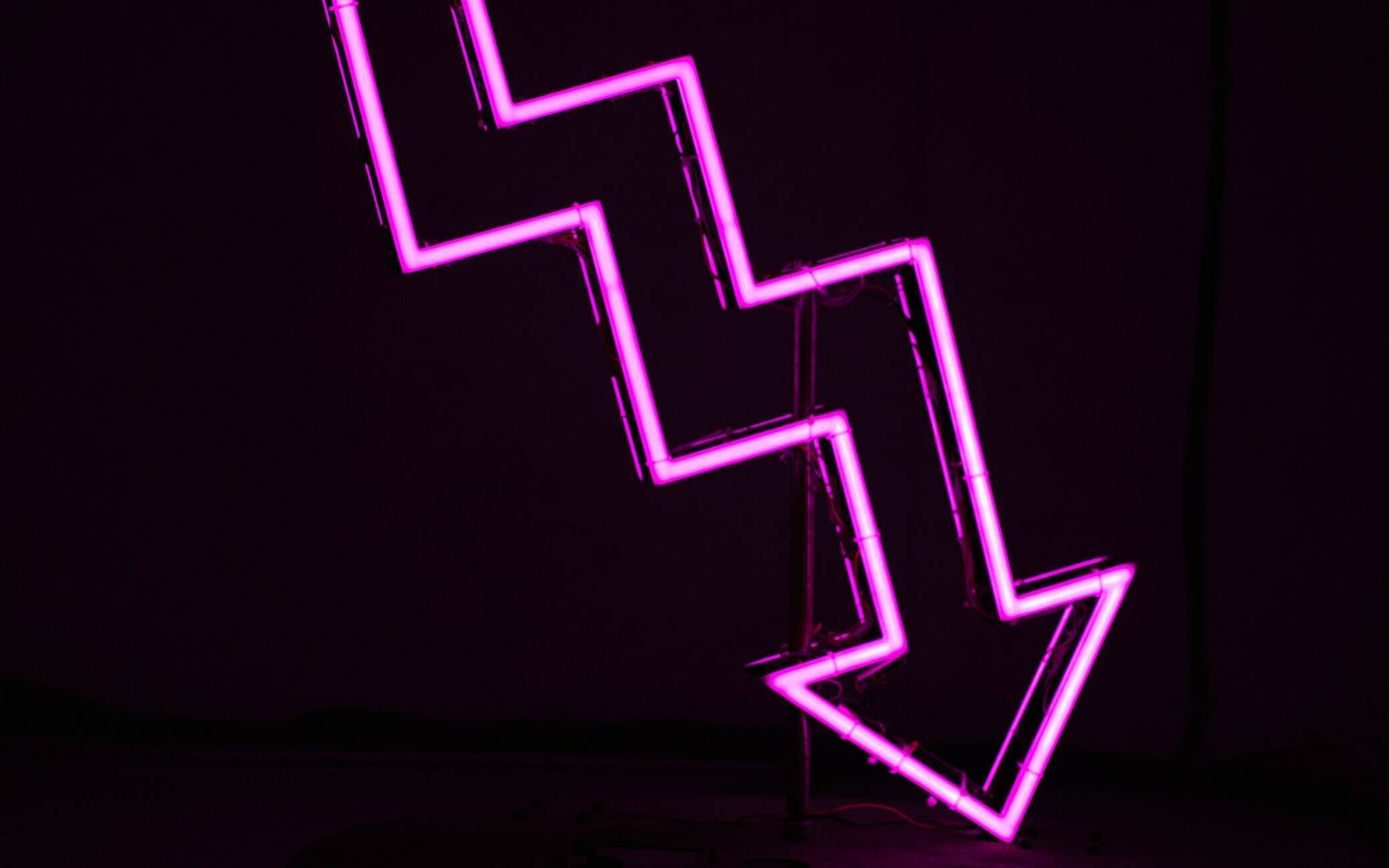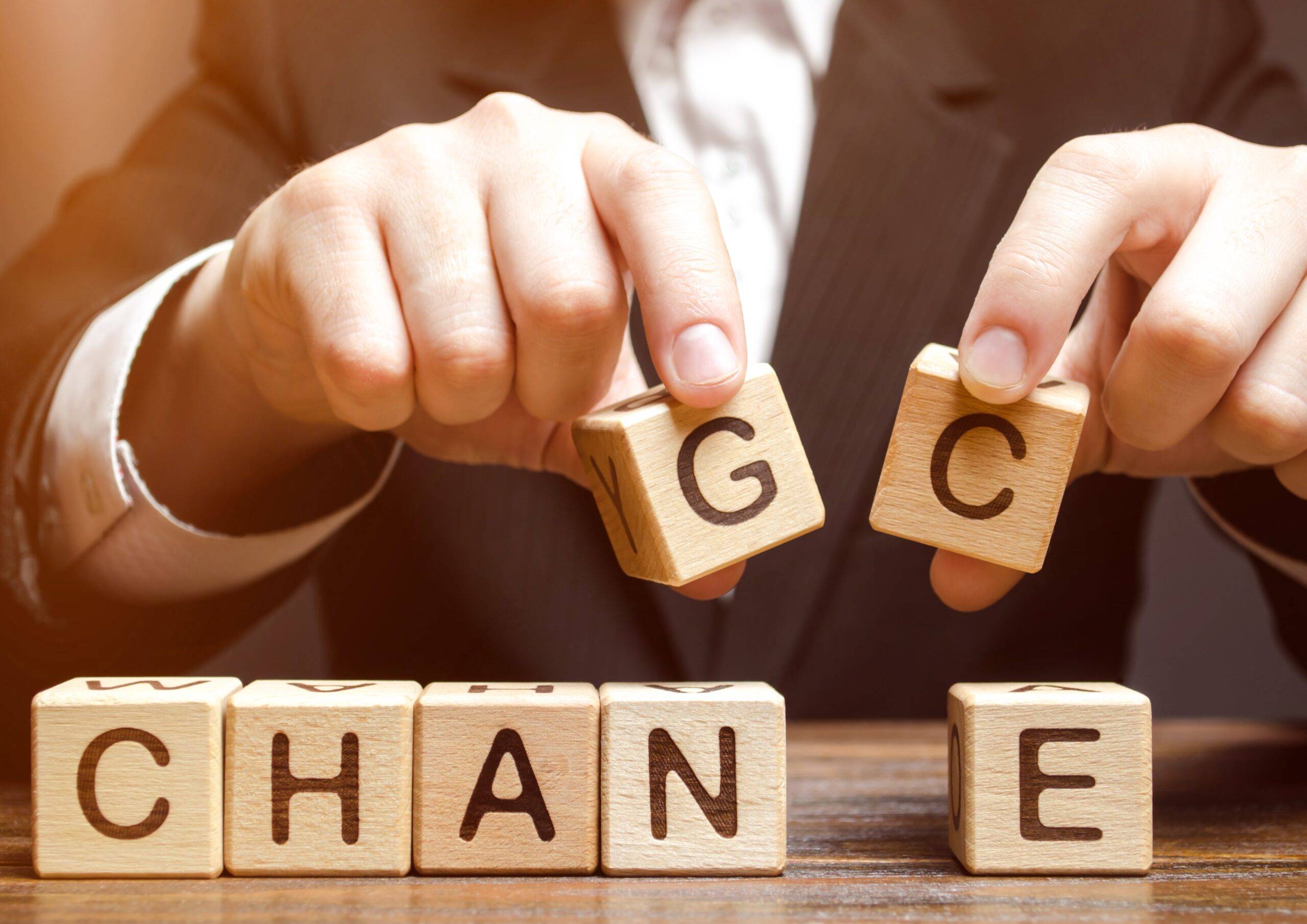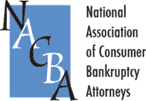
Filing for bankruptcy is a big decision. Bankruptcy has a negative stigma that is not always well deserved. Many people are understandably concerned that if they file for bankruptcy, they will lose their home, car, and all of their possessions, but what is the downside of filing for bankruptcy? The purpose of bankruptcy is to provide people with a fresh financial start, and for many people, filing for bankruptcy does just that. However, there are some negative consequences of filing for bankruptcy that you should understand before submitting your petition.
Negative Effects on Your Credit Score
- After you file for bankruptcy, the bankruptcy will appear on your credit report for up to 10 years.
- If you apply for a loan of $150,000 or more, the bankruptcy may appear on your credit report for longer than 10 years.
- Being Unable to Get a Car Loan or Mortgage Loan. Once you have a bankruptcy on your credit report, you will need to wait before qualifying for a car loan or mortgage. When you do qualify, you will probably pay higher fees on the loan and higher interest.
- You Cannot Discharge Every Debt. You will not be able to have every type of debt discharged after bankruptcy. For example, the bankruptcy court will not discharge your student loans, child support, alimony, and recent tax debts.
How a bankruptcy filing will affect your overall credit depends on several different factors. If you had a low credit score before you filed for bankruptcy, the bankruptcy would not have a significant impact. However, if you had a good credit score before filing for bankruptcy, you will notice that your score will take a sharp decline after you file.
Keep in mind that you may be able to improve your credit score more quickly overall by filing for bankruptcy. Filing for bankruptcy can help you pay your bills on time, improve your debt to income ratio and begin building a positive financial future.
Waiting to Get Another Bankruptcy Discharge
Timing is everything when it comes to filing for bankruptcy. When you petition the court for a Chapter 7 bankruptcy, you will not be able to get another Chapter 7 bankruptcy discharge for at least eight years. Similarly, if you file for chapter 13 bankruptcy, you will not be able to get another chapter 13 bankruptcy for four years. If you anticipate having continued financial problems in the future, such as losing your job, it may be wise to wait to file for bankruptcy. If you file for bankruptcy but cannot find another job and face mounting bills again, you will not be allowed to file for a secondary bankruptcy until the required time has passed.
Contact a San Diego Bankruptcy Lawyer Today
Are you considering filing for bankruptcy, but you are concerned about the negative aspects of filing? If so, the experienced bankruptcy lawyers at Bankruptcy Law Center are here to answer your questions and guide you through the process. Contact us today to schedule your free initial consultation.










